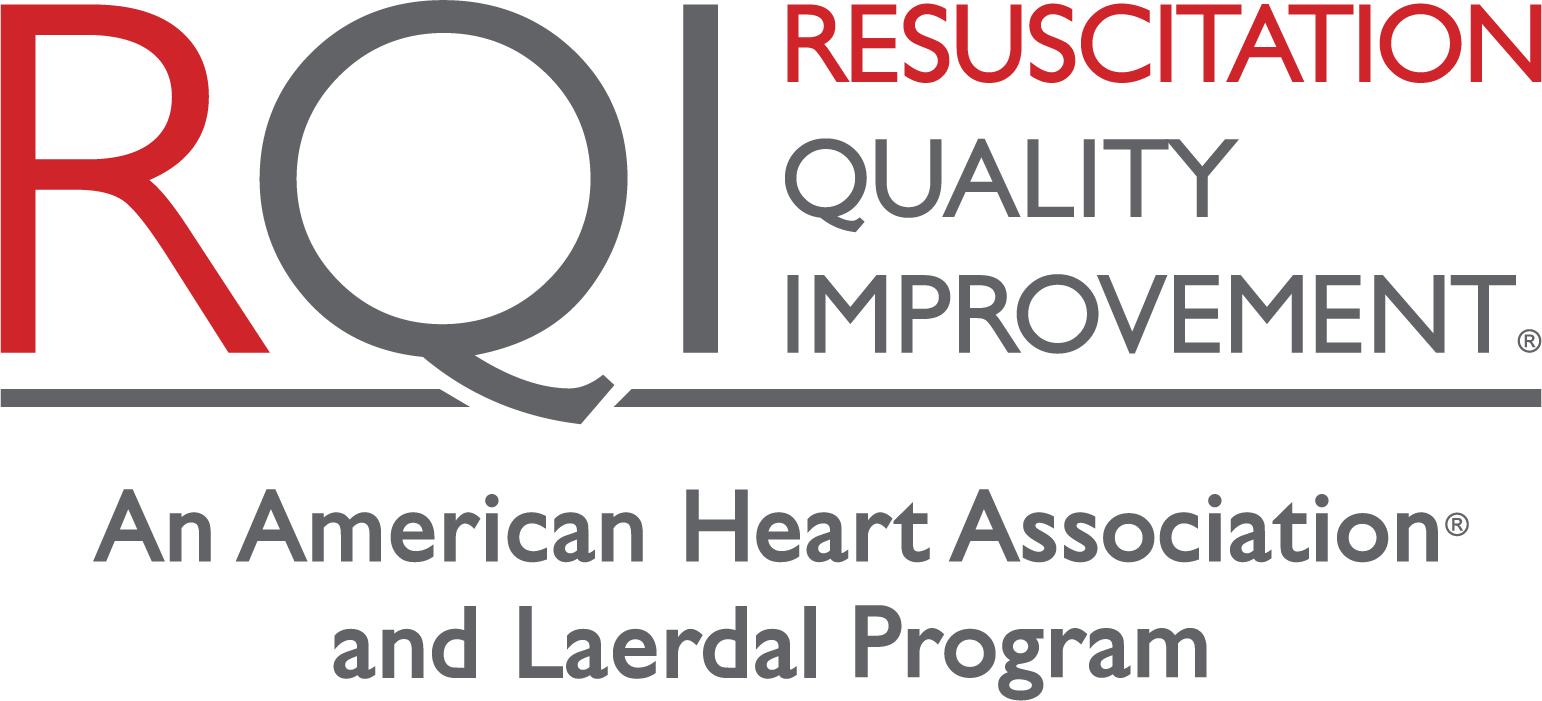Feedback, Low Dose, High Frequency, RQI-Based
FEEDBACK DESIGN
-
Performance Data
Data on performance that is delivered from an objective method, such as a feedback device or high-fidelity manikin.
-
Comparison to Standard
Feedback that is compared to a defined passing rate that identifies a level of proficiency for learners that they need to achieve.
-
Real-time Feedback
Feedback that is delivered during a learner’s demonstration of knowledge and/or a skill.
-
Actionable Information
Feedback that is targeted towards a learner’s needed area of growth with clear language on how to improve.
-
Positive Reinforcement
Feedback that validates a learner’s correct demonstration of knowledge and/or skills with positive language.
-
Audio Feedback
Real-time feedback that is delivered in an auditory format during the learner’s demonstration of a skill.
-
Visual Feedback
Real-time feedback that is delivered in a visual format during the learner’s demonstration of a skill.
DEBRIEFING DESIGN
-
Prebriefing
A briefing with learners prior to a learning event that promotes psychological safety and learner awareness of gaps in knowledge and/or skill.
-
Compared to a Standard
Debrief that provides an overall comparison to a defined passing rate that identifies a level of proficiency for learners that they need to achieve.
-
Performance Data
Debrief includes data on performance, including performance data that was delivered in the form of feedback during the learning event.
-
Content-Specific
Evaluation of overall learner performance that provides a breakdown by specific areas of content, such as performance metrics, that are aligned with learning objectives.
-
Immediate Timing
Debrief is provided to learners immediately post the learning event.
-
Reflective Evaluation
Debrief allows for learner engagement, including self-evaluation and reflection on actions taken during the learning event.
-
Manageable Cognitive Load
Evaluation of overall learner performance is delivered in a format that is clear, concise and organized for learners to easily identify and understand their current levels of proficiency and areas of needed improvement.
-
Positive Reinforcement
Debrief that includes information validating a learner’s correct demonstration of knowledge and/or skills with positive language.
-
Methods for Improvement
Language in the debrief that is targeted towards a learner’s needed area of growth with clear language on how to improve.
— Feedback and Debriefing Research —
Feedback, Low Dose, High Frequency, RQI-Based
Developing competency of nursing students in cardiopulmonary resuscitation using Resuscitation Quality Improvement technology
Resuscitation Quality Improvement (RQI®) HeartCode Complete® Program Improves Chest Compression Rate in Real World Out-of-Hospital Cardiac Arrest Patients
Feedback, International, Low Dose, High Frequency, RQI-Based
RCT comparing the clinical effectiveness of conventional instructor-facilitated cardiac compression training to technology enhanced training using high-fidelity mannequins – A pilot study
Adaptive Learning, Contextual Learning, Debriefing, Deliberate Practice, Low Dose, High Frequency
Best Practices for Education and Training of Resuscitation Teams for In-Hospital Cardiac Arrest
Deliberate Practice, Feedback, International, Low Dose, High Frequency
